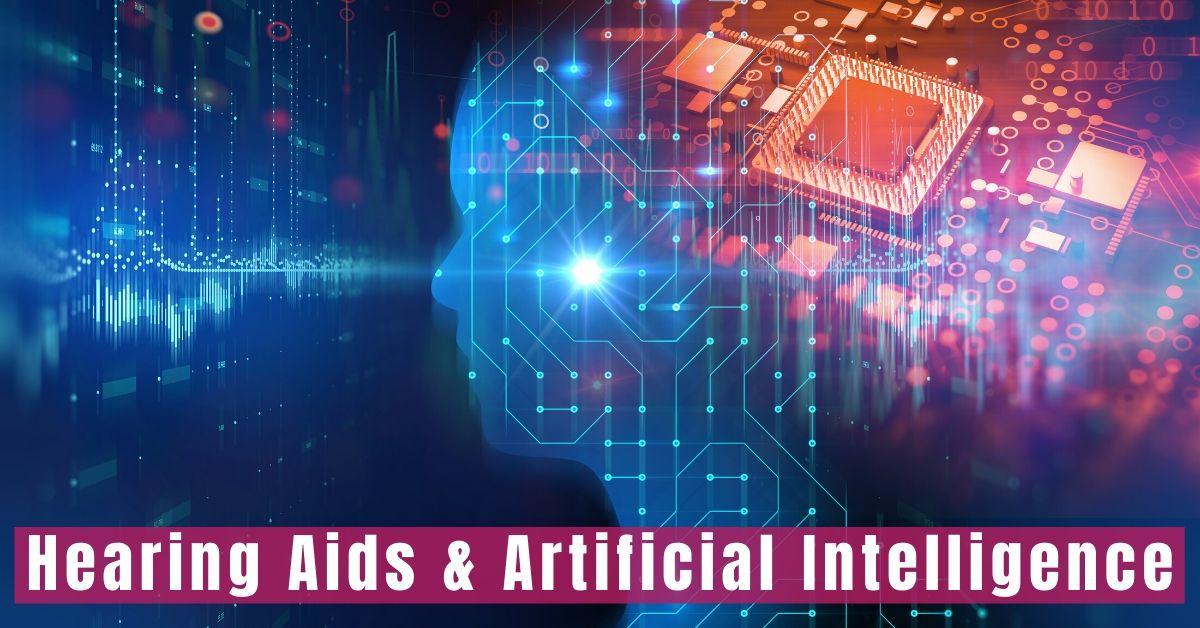In the classic science fiction series Hyperion by Dan Simmons, future human beings come into a fraught relationship with artificial intelligence. Without any “spoilers,” the interests of humans and these artificially intelligent beings come into conflict, and future humans are faced with a crisis regarding their continued use of technology and these fictional entities with seemingly infinite information processing potential.
Science fiction books and movies are full of these imagined relations with artificial intelligence, but did you know that you are already interacting with artificial intelligence in everyday life? In the most basic sense, artificial intelligence is the ability of any non-human technology, most notably computers, to perform tasks that are characteristic of human intelligence. The ability to process information quickly and to synthesize different types of knowledge into a single plan of action or solution to a problem is something that humans were uniquely able to do.
However, computers have become able to far outpace humans in this regard, and we rely on this form of artificial intelligence in ways you might not even recognize. With small “computers” in most of our pockets in the form of smartphones, we are now able to interact with artificial intelligence by simply pressing a button.
Current Use of Artificial Intelligence in Hearing Aids
Among the many uses of artificial intelligence that can enhance our lives, hearing aids are a new area of exploration and technological development. The most promising benefit of artificial intelligence is one that has already taken great strides. Adjusting hearing amplification to better suit the environment is something that can happen automatically or through user manipulation.
Anyone who currently uses hearing assistance will know that the sound of amplifying background noise can have an adverse effect, particularly in speaking contexts. When you are trying to have a conversation in a noisy environment, the presence of background noise can be raised to such a loud level that it continues to be difficult to understand what a person is saying.
Artificial intelligence has been useful to analyze the sonic profile of an environment and to automatically adjust the amplification levels to suit that specific location. In addition, GPS technology has made it possible for hearing aids to “learn” which sound profiles are best suited to which common locations where you live, work, and travel. These environments can be tailored to the needs of individuals in a way that changes settings automatically, and the training process can work with or without human intervention if so desired.
The Future of Artificially Intelligent Hearing Aids
Although technology has already advanced in these ways, new technologies are being developed every day to make it possible to assist hearing in remarkable new ways. One of the persistent problems is speech recognition in hearing technology, and other technology companies and software developers are rapidly working on solving this problem. For instance, Google’s newly developing speech recognition technology could be used in hearing aids to better isolate that sound and to amplify the voice of the closest or loudest speaker relative to all other voices or sounds in a room.
In addition, connecting hearing aids with health monitoring devices is an exciting new area for artificial intelligence to coordinate with hearing assistance. Just like the common fitness monitoring watches, hearing aids might be able to measure pulse, breathing rates, and other health measures to coordinate with smartphone apps. Beyond the fitness benefits of this information gathering function, health professionals can also use this data to better understand health needs of the patients.
This technology is particularly promising for older hearing aid wearers who have specific health needs or a risk of injury. For instance, with this artificial intelligence, the hearing aids might be able to recognize when glucose levels have fallen too low for a patient with diabetes or even when a person has suffered a serious fall.
By directly connecting with emergency professionals, this artificial intelligence technology might be able to save lives and provide peace of mind for individuals and their loved ones. With such exciting possibilities of coordinating artificial intelligence and hearing assistance, the technological future need not look like the dystopia portrayed in science fiction, instead carving out new ways to enhance and preserve human life.

